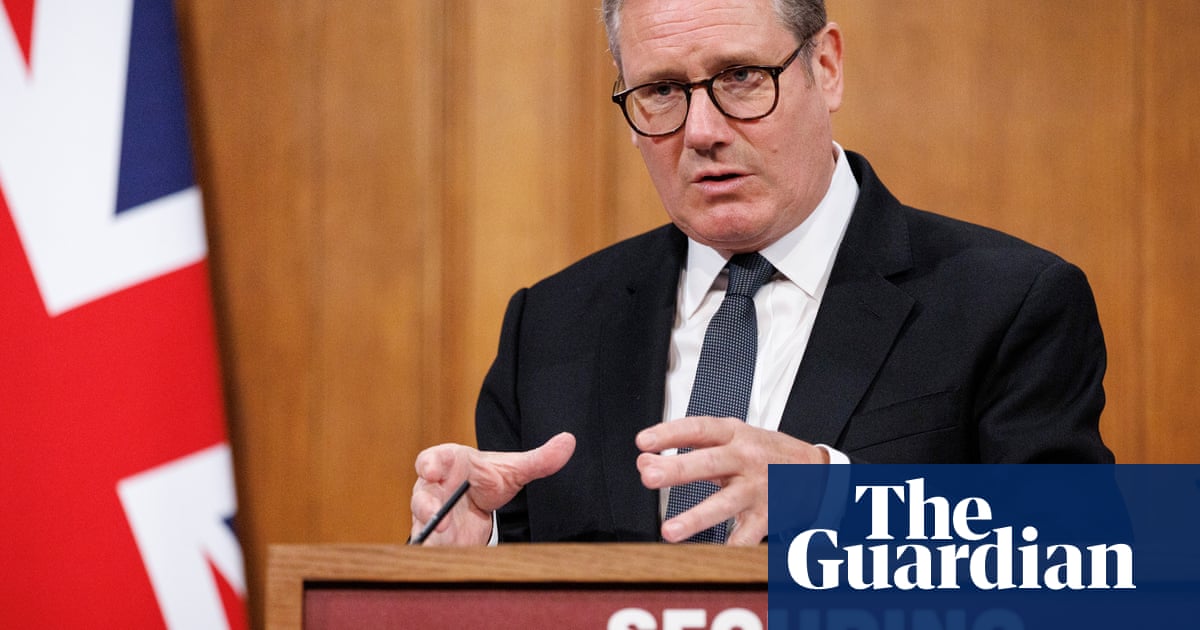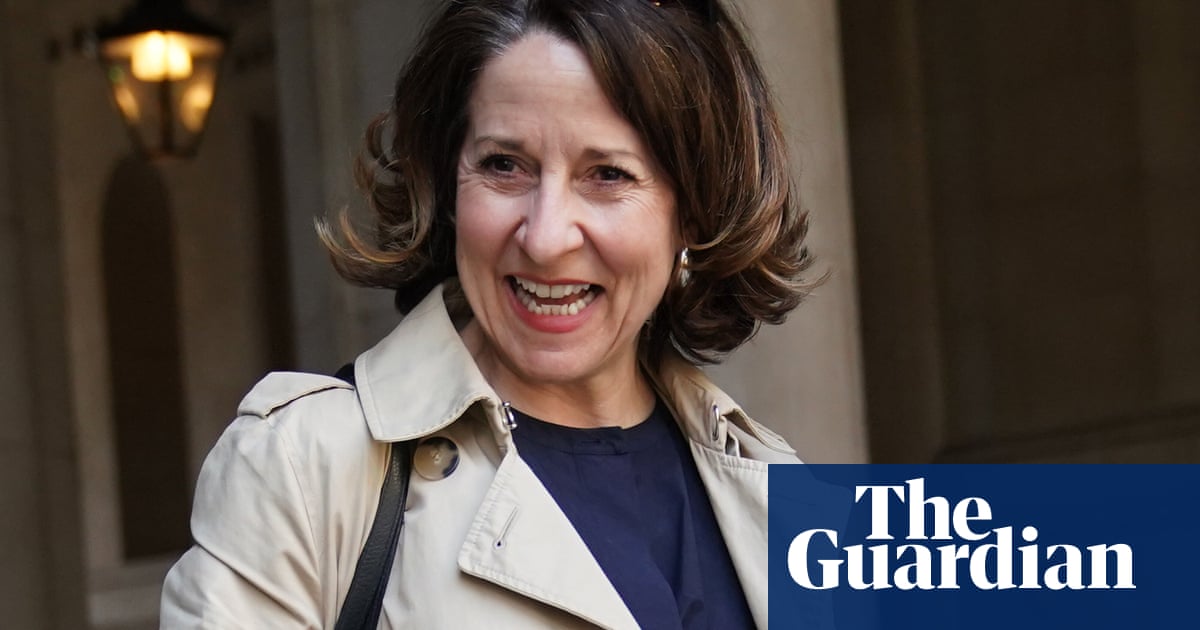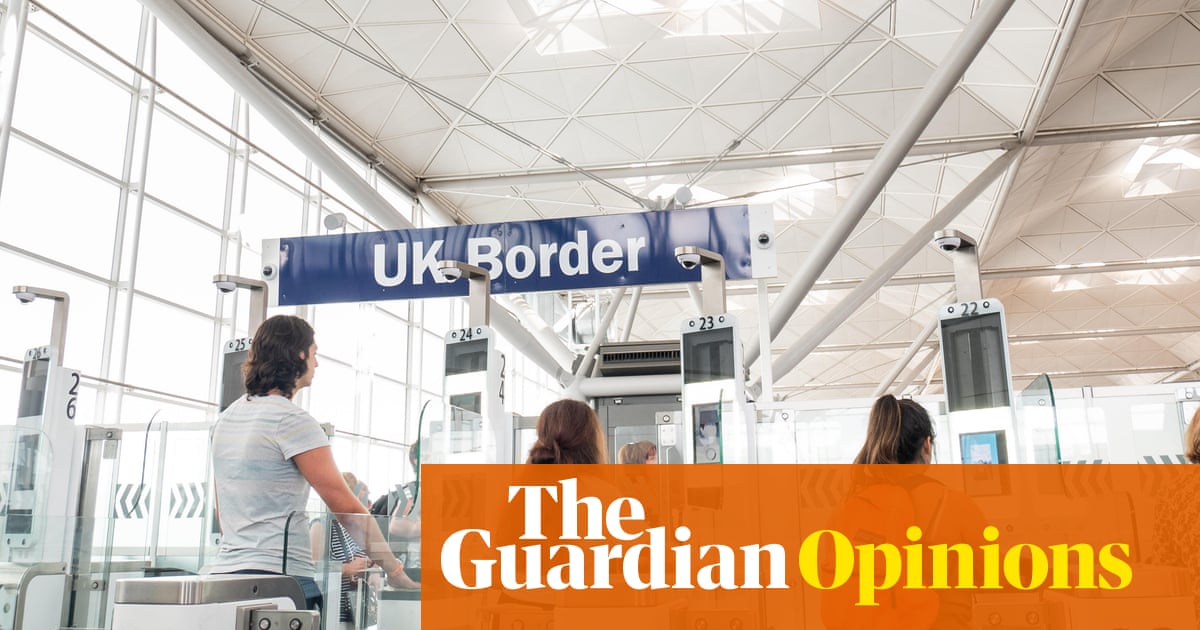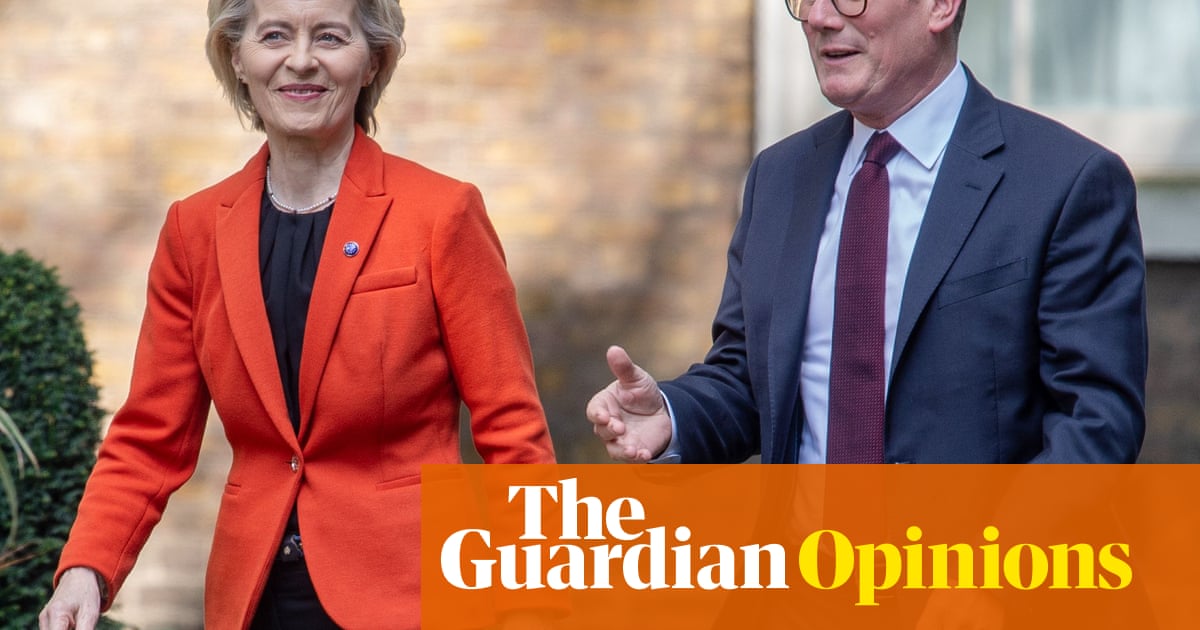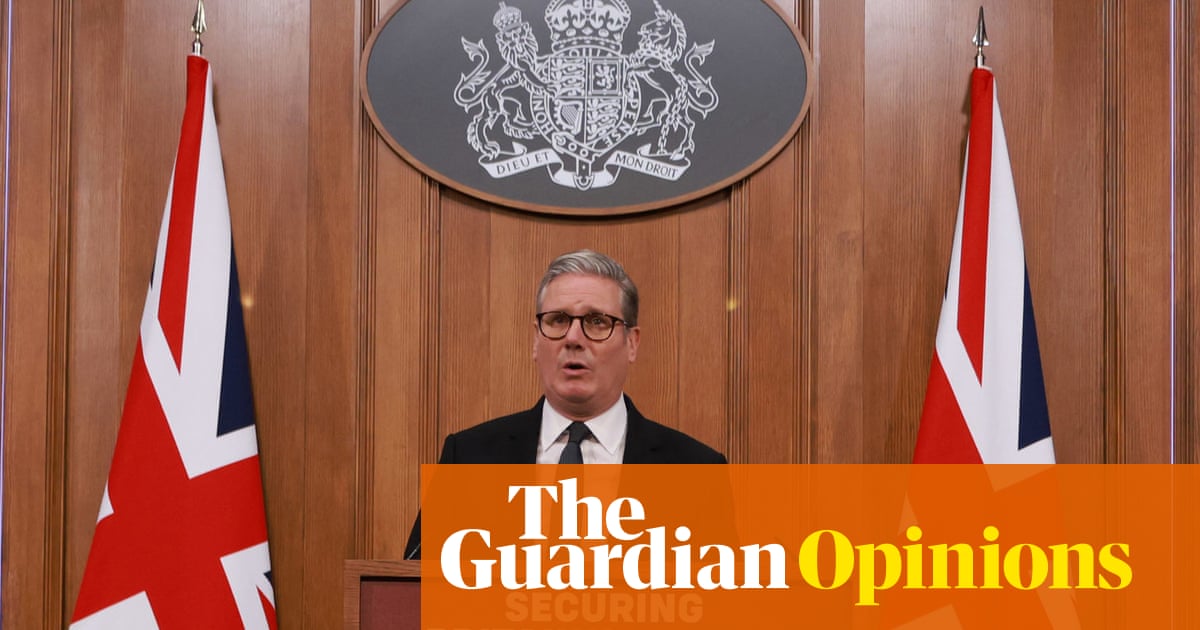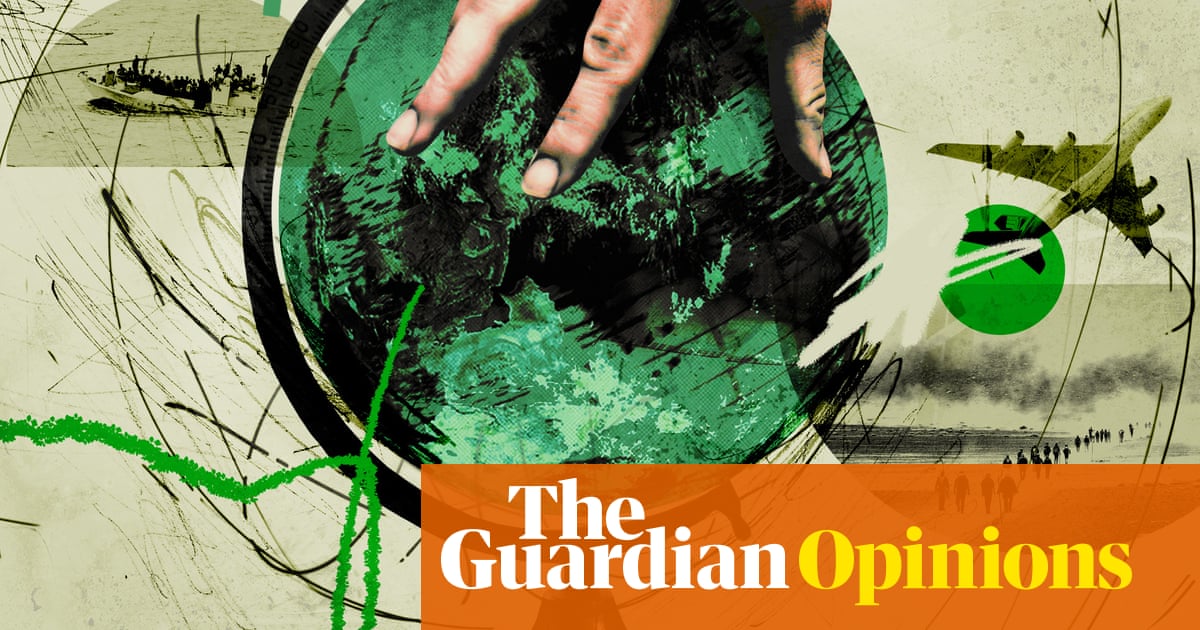Early in the 2010s, class politics was everywhere. Bankers were bailed out, and the price Europeans apparently had to pay was austerity. Protests erupted from Greece to Wall Street. Thomas Piketty’s book on inequality, Capital in the Twenty-First Century, took the world by storm, and Britain seemed poised for a shift – first with Ed Miliband’s critique of “predatory capital”, then when Labour members chose to back Jeremy Corbyn’s attack on a rigged economy.
A decade later, it might seem that time’s arrow has finally hit its mark. Britain has a Labour government with a whopping majority and, after years in which British prime ministers hopped off the conveyor belt from Eton or Winchester, the country is now led by the son of a toolmaker. Even the leader of the Tories, Kemi Badenoch, claims she “became working class” as a teen, while doing a few shifts at McDonald’s.
A working-class background has become the badge politicians try to flaunt. But what about the politics of class? Well, that’s a different matter. The manifesto that propelled Sir Keir Starmer to power last summer mentions “working people” 21 times, but “inequality” just once. What does the prime minister mean by “working people”? It was a question that he struggled to answer ahead of last October’s budget, eventually suggesting the term denoted those “who do not always have the means to write a cheque”. The average adult wrote just two cheques all of last year.
Today’s political leaders treat class as a matter of culture rather than economics, about tastes and traditions rather than where you sit in relation to power. With a piquant irony, class war has got bundled up into a culture war.
The Labour government hopes to make employment law a little more progressive, but to lift up working-class kids it proposes lessons in oracy, or speaking skills. As an up-and-coming MP, Rachel Reeves would attack David Cameron for making tax cuts for the wealthy; now she is chancellor, she listens hard to what she calls the “non-dom community”. But she was right first time: Britain stands out for how much wealth goes to those who are already wealthy, while the rest of the country has got by on stagnant real wages. Placating the Davos crowd may make good headlines, but it does nothing for the public finances, let alone your voters.
There is a danger to stripping class of its associations with inequality, and its name is Nigel Farage. It is the radical right who pose with increasing confidence as the defenders of the working class. No matter how regressive the actual policies of Reform, on the economics that hits the headlines – Thames Water or Port Talbot – Mr Farage and Richard Tice will take up positions now discarded by the centre left. It is the same formula that got Donald Trump into power. The richest man ever to be president of the US touts himself at elections as the champion of blue-collar workers; once in power he surrounds himself with tech billionaires. Across Europe, the radical right have studied his example. The centre-left have been somewhat slower on the uptake, but they must urgently learn the lesson that politics abhors a vacuum and that class politics can be taken up by reactionaries as well as progressives. The results of that switch may prove disastrous.
Do you have an opinion on the issues raised in this article? If you would like to submit a response of up to 300 words by email to be considered for publication in our letters section, please click here.

.png) 3 months ago
32
3 months ago
32


